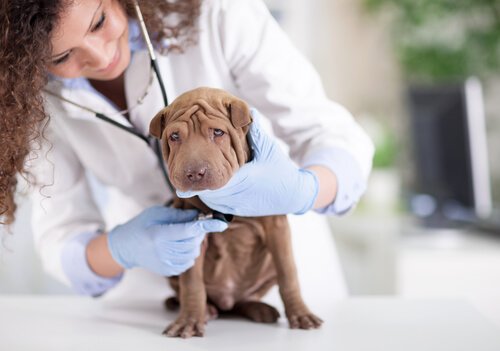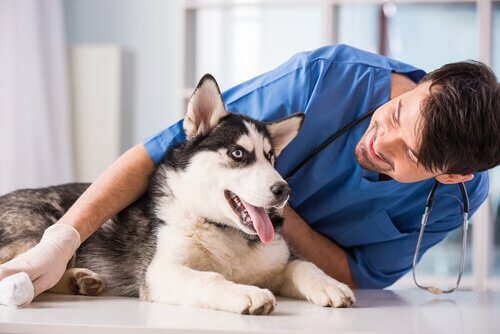Dog Vaccines and Their Importance for Health

When a new dog comes into your life, whether it’s a puppy or an adult, you know you’re accepting the responsibility to take good care of it. And, among many other issues, you must watch over its health. That’s why today we’re bringing you some information about dog vaccines and how important they are to prevent infectious diseases in your pets. In some cases, these diseases can also affect humans.
The importance of dog vaccines
For a start, canine vaccines have the same relevance as those that we give to people. That’s why it’s necessary to keep to a vaccination schedule, especially with puppies.
Vaccinating a dog can make the difference between life and death for the animal, because this is how you can prevent it from developing some serious infectious diseases. Some of these diseases are:

- Canine Influenza
- Parvovirus
- Canine Parainfluenza
- Bordetella
- Canine Hepatitis
- Leptospirosis
- Rabies
Keep in mind that the last two conditions can also be transmitted to humans. So, ask the veterinarian to provide a vaccination schedule for your pooch and don’t hesitate to ask him any questions you may have about it.
It’s an obligation for every responsible owner to know how important the correct application of dog vaccines are. So, don’t forget to consult the veterinarian about your dog’s vaccination schedule.
Issues to consider before vaccinating a dog
Before vaccinating your furry friend, you must make sure he is in a good state of health. That’s why a checkup of the animal is crucial. Keep in mind that the dog should not be vaccinated if:
- It hasn’t been previously dewormed
- He has an infectious disease
- It has allergies or some type of immune deficiency
- He’s in a weak state for any reason
Vaccines usually contain weakened forms of the viruses, so that the dog’s body can learn to identify them and defend itself against them. That’s why an animal must have strong defenses at the time of the vaccination.
Possible reactions after vaccination
You should be aware that your dog is likely to have some kind of reaction after the application of the vaccines. These can appear immediately or after 48 hours. For example:
- Inflammation
- Vomiting
- Edema
Most likely these “side effects” will disappear after a few hours. But, when in doubt, ask the veterinarian.
Some details about the application of dog vaccines
For a correct immunity level in the case of puppies, they need to have a second vaccination. Some cases require a third application of the vaccines in the first 15 weeks and then a re-vaccination within a year.
After this period of time, the vet will determine whether the dog should continue to receive medication to strengthen its immune system. This will depend on the characteristics of the animal and the kind of area it lives in.
Also keep in mind that a puppy that has not completed its proper immunization should not go outside or make contact with other animals, because it runs serious risks of getting sick. The animal is going through a period in which it loses the defenses received from its mother through milk. As a result, its own immune system still can’t protect it, and extreme care must be taken.
Take the responsibility of vaccinating your best companion

In short, dog vaccines are essential in preventing the different infectious diseases that your pet could get. And remember, in cases such as rabies and leptospirosis, these can also be transmitted to you.
So don’t avoid your responsibilities, and fulfill his vaccination schedule to the letter. And, as we always recommend, consult with the veterinarian if you have any doubts. When your pet’s health is at stake, it is always better to be over informed than underinformed.
All cited sources were thoroughly reviewed by our team to ensure their quality, reliability, currency, and validity. The bibliography of this article was considered reliable and of academic or scientific accuracy.
- Palatnik-de-Sousa, C. B. (2008). Vaccines for leishmaniasis in the fore coming 25 years. Vaccine. https://doi.org/10.1016/j.vaccine.2008.01.023
-
Fu, Z. F. (1997). Rabies and rabies research: Past, present and future. Vaccine. https://doi.org/10.1016/S0264-410X(96)00312-X
-
Davlin, S. L., & VonVille, H. M. (2012). Canine rabies vaccination and domestic dog population characteristics in the developing world: A systematic review. Vaccine. https://doi.org/10.1016/j.vaccine.2012.03.069